Trump is relying on direct negotiations with Russia, China and Iran to defuse geopolitical tensions – a change of course that entails both risks and opportunities.
In his second term, US President Donald Trump is pursuing a foreign policy that aims to negotiate directly with authoritarian regimes. The goal is to defuse geopolitical tensions and redefine US interests.
Ceasefire in Ukraine?
In the Ukraine conflict, Trump is seeking a ceasefire. According to Reuters, he emphasized that the US must end the war to avoid a direct confrontation with nuclear-armed Russia. However, two partial agreements – one on energy infrastructure and one on the Black Sea – have stalled, leading to frustration for Trump.
Iran: negotiations under pressure
Regarding Iran, Trump is pursuing a combination of diplomatic pressure and military threat. As Reuters reports, Trump stated that Iran must give up its dream of an atomic bomb or face a harsh response. Earlier, Trump’s special envoy Steve Witkoff held a meeting with Iranian Foreign Minister Abbas Araghchi in Oman that was described as positive and constructive.
China: Trade war and strategic rivalry
Trump’s approach to China is based on economic pressure. On April 2, 2025, he announced comprehensive tariffs that increase import duties on Chinese goods to 54%, according to China Briefing. This measure is part of his “Liberation Day” initiative, which aims to correct trade imbalances and strengthen domestic industry.
International reactions and criticism
Trump’s approach of dealing directly with authoritarian regimes has met with mixed reactions internationally. While some observers welcome the efforts at de-escalation, others warn of the risks associated with approaching such states. In particular, the U.S.’s European allies are concerned about the potential impact on transatlantic relations.
Image:
Gage Skidmore from Surprise, AZ, United States of America, CC BY-SA 2.0 https://creativecommons.org/licenses/by-sa/2.0, via Wikimedia Commons
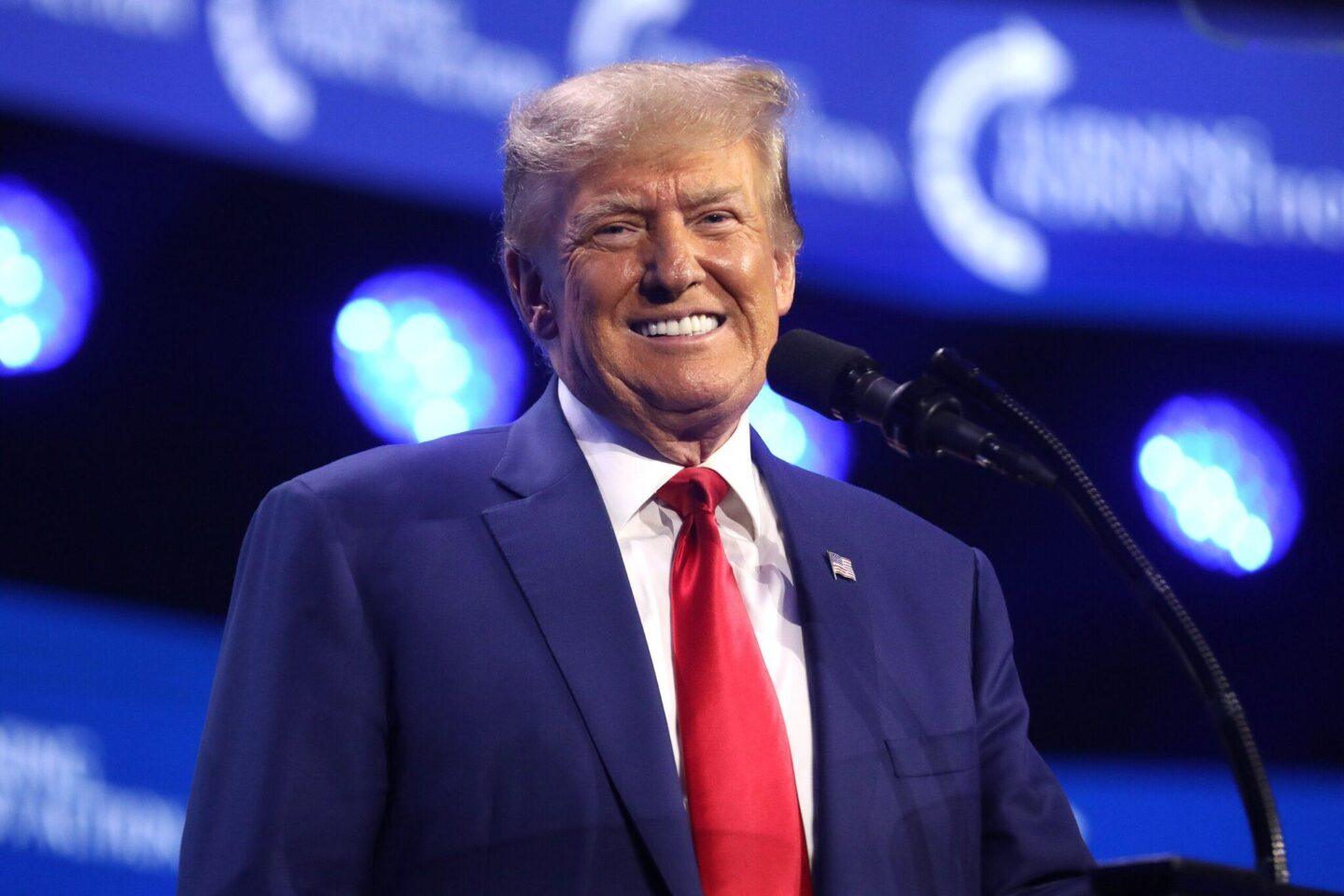






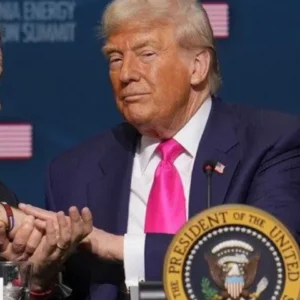

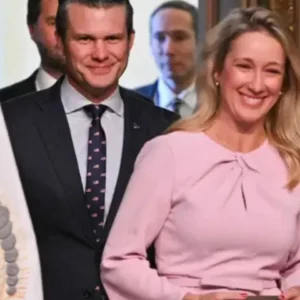

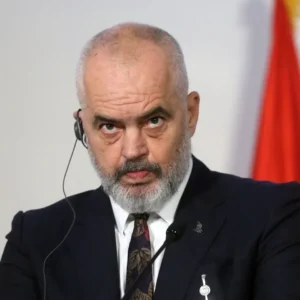


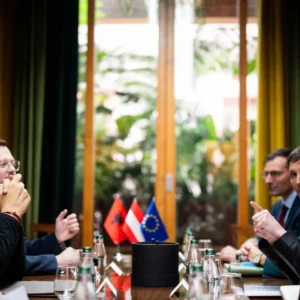
Recent Comments